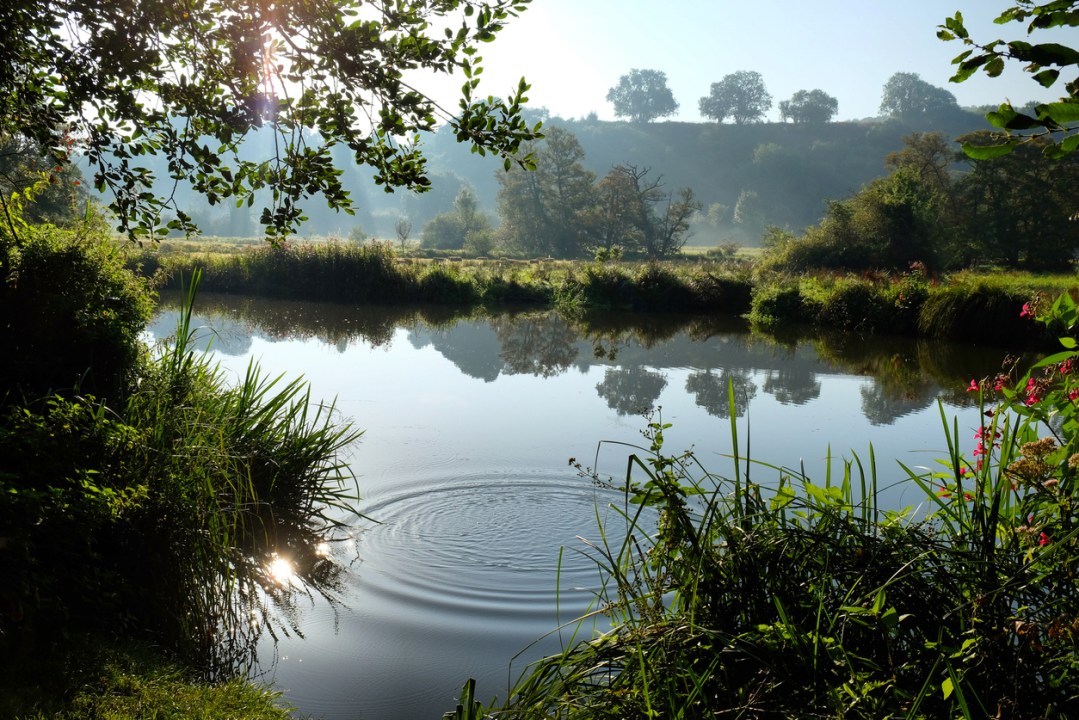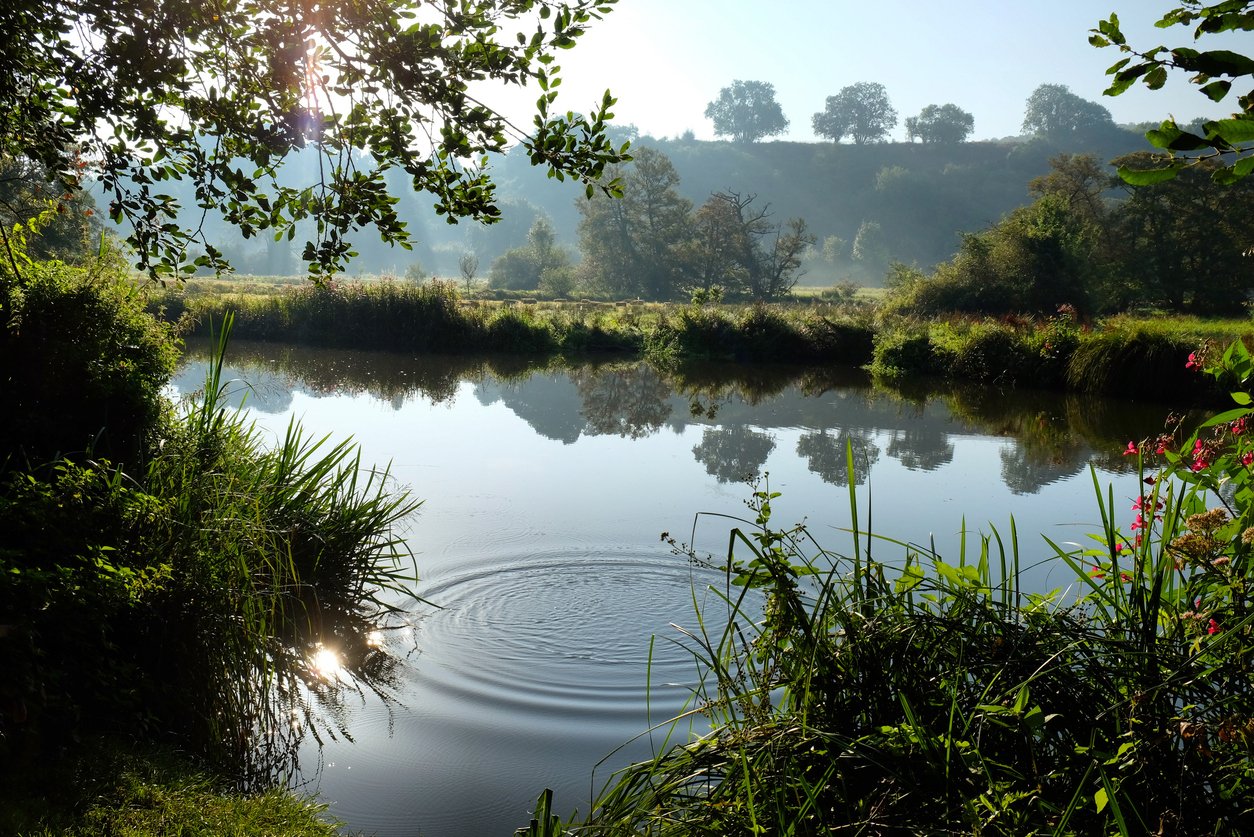No man treads in the same river twice, wrote Heraclitus in the fifth century BC. No doubt that clever old bird was on to something, but nowadays it seems that we need to be careful about treading in rivers at all. It was reported last week that the River Loddon in Hampshire has been granted legal personhood by a local council, inspired by a document known as the Universal Declaration of the Rights of Rivers.
The UDRR, created in 2017, was created by an organisation called the Earth Law Centre, and makes some pretty sweeping claims on behalf of our fluvial comrades, including the ‘right to flow’, the ‘right to feed and be fed by sustainable aquifers’, and ‘the right to regeneration and restoration’. Drawing on precedents from New Zealand, India and Colombia, it suggests that rivers should be treated as distinct entities in law with their own interests and prerogatives.
Some readers will already be rolling their eyes and I confess that was my instinctive response. It is easy to poke fun at such a manifesto, with its undeniable hippyish vibes; part of the preamble refers to ‘mourning’ rivers which have been ‘so over-diverted as to no longer flow’ or ‘enclosed within pipes and buried under layers of concrete’. Generations of London city planners would have been in trouble on that last point, with their ruthless culverting of ancient watercourses like the Fleet, which once guarded the western walls of Roman Londinium and is now confined almost entirely to unseen subterranean passages, gurgling forlornly beneath Camden, Bloomsbury and Holborn. Parts of the UDRR seem to be flirting with a kind of animism, notably when it asserts ‘the right to perform essential functions within its ecosystem’.
And yet the idea of designating rivers as distinct entities in their own right is not so very ridiculous. We do the same with corporations, after all, because there are social and economic advantages to the law recognising them as having a form of independent existence. It is correct that rivers are essential to human life and that the sharp increase in the human population and the rise of industrial societies over the past two or three centuries has left many rivers in a lamentable state. The declaration generally avoids any political grandstanding about the evils of capitalism, which is wise – as I always say to people who blame liberal economics for pollution, if you think free markets are bad for the environment, you should see what socialist societies have done to it.
If giving rivers and other waterways some formal rights is a way to help ensure that they do not become polluted and exploited then there is an obvious public benefit. As well as the advantages of clean, safe water for drinking and washing, people use rivers, canals and lakes for fun. Perhaps it is difficult to quantify the aesthetic enjoyment and satisfaction obtained from walks along the river or watching the sun go down over a beautiful lake. But as any estate agent will tell you, proximity to water – especially when coupled with a decent view – often adds considerably to the value of houses. Down the road from my home on the Kent coast there is a new development where ordinary family houses with very small gardens are expected to fetch well over half a million pounds because they are right next to the sea. Healthy, bustling aquatic ecosystems are plainly part of the attraction of such places.
Some readers will already be rolling their eyes and I confess that was my instinctive response
There is even something to be said in defence of a bit of nature mysticism. We live close to the Royal Military Canal, originally built to keep out Napoleon, repurposed to deter the Kaiser and Hitler, and now used for leisure and recreation. At this time of year, late spring, when the whole natural world is bursting into life and the light lasts 18 hours a day, you can easily imagine the canal and its surroundings – the trees, the flowers, the bushes – as having their own irresistible vitality and vigour, as being part of some great incomprehensible whole.
One of the first big news stories I can remember is the spate of road protests in the early- and mid-nineties, and I still feel enormous sympathy for the protesters who tried so hard to preserve special places like Twyford Down from the implacable bulldozer of modernity. I find it easy to accept that there is something unique and irreplaceable about certain habitats and certain features of the landscape. From there it is not an enormous conceptual leap to believe that those things should have their status preserved in law – if necessary, by allocating them some level of legal existence. There is value in preserving and protecting nature for its own sake, even when that value is hard to articulate. So I find myself firmly on the side of the River Loddon, winding its quiet, gentle way through some of the loveliest parts of the English countryside. Long may it continue to do so – and to enjoy the right to be free from pollution and perform essential functions within its ecosystem.








Comments